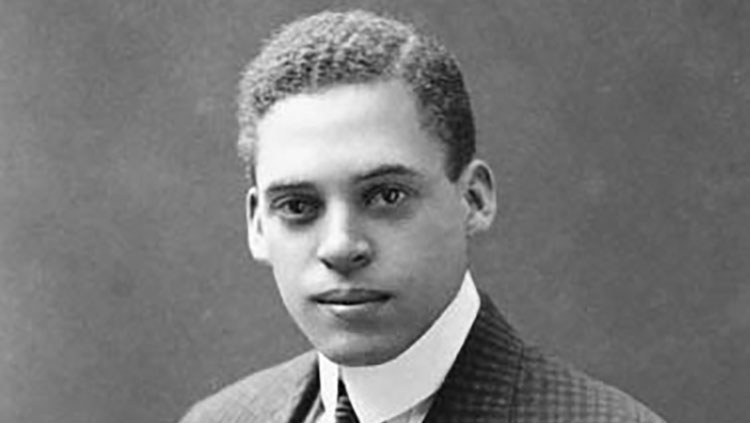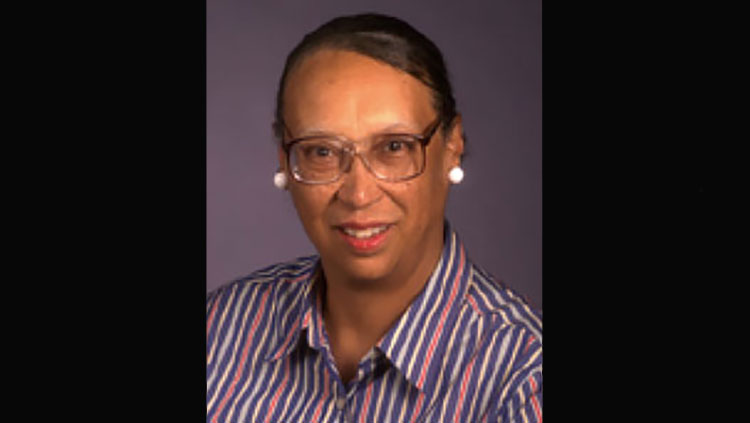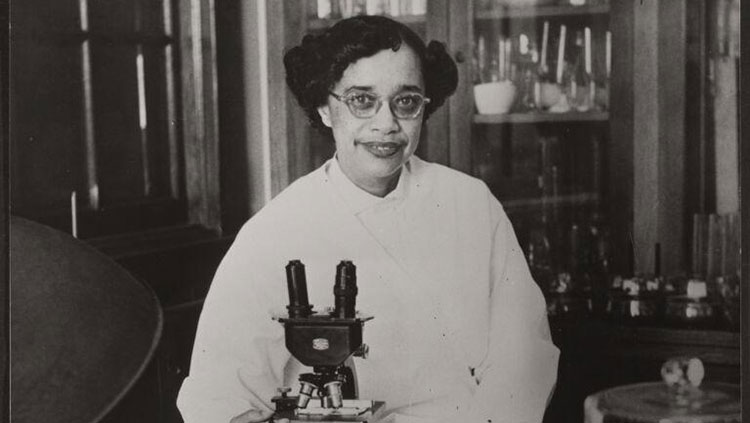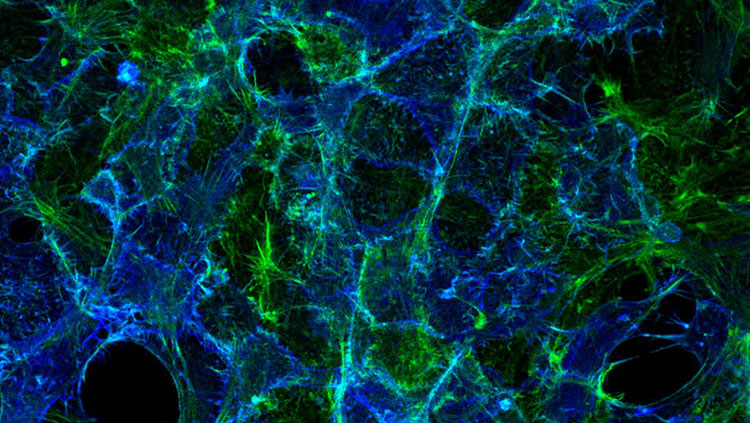Breaking Down Neuroscience to Build Up the Next Generation
- Published6 Jul 2023
- Source BrainFacts/SfN
French ocean explorer and filmmaker Jacques Cousteau’s television series left a lasting impression on Erik Herzog’s journey to becoming a scientist. A professor of biology and neuroscience at Washington University in St. Louis, Herzog studies circadian rhythms — the 24-hour internal clock that helps regulate processes like the sleep and wake cycle. He’s experienced how making science accessible can help inform decision-makers to benefit society.
Video produced by Riki Davis, Taylor Johnson, and Emily O’Connor for BrainFacts.org.
Storyboarding and editorial production by Tristan Rivera.
CONTENT PROVIDED BY
BrainFacts/SfN
Transcript
I don't remember if it was on public TV or network TV, but back then, the family got together on Sunday nights to eat dinner and watch Jacques Cousteau descending into the protean depths. He was my “Bill Nye the Science Guy” or “MythBusters.” He was the guy that inspired me that I wanted to become a scientist.
I'm Eric Herzog, and I'm a neuroscientist who studies the molecules, cells, and circuits that underlie daily rhythms in physiology and behavior.
Neuroscience is not part of the standards of learning. But I do think that it can be easily added to a lot of the lessons that we make today for young people. So it's fun for young people to think about, for example, the teenage brain: It’s a very different creature than the adult brain or the child brain.
It's designed, for example, to explore and experiment. It craves running experiments. And so I think that it's easy to get the young people interested in their own brains, and help them to understand lessons that they want to learn in math or in chemistry or physics — and even in social sciences, like in psychology.
But there are actually a lot of other places where neuroscience intersects with society. For example, my field studies daily rhythms in wake and sleep, and now I find myself talking with people on the Hill about whether we should be on permanent daylight-saving time or permanent standard time.
It's amazing to me that these people who are involved in policy suddenly really want to understand circadian rhythms, and they really want to make the right decision because it's going to affect a billion people on the planet. We have a responsibility to communicate about our research, and how it impacts human health, and how it affects other aspects of human society.
It's really inspiring for me to answer questions with people who have the goal of ultimately solving really important problems. I have to say that the people motivate me first and foremost, but I'm also really inspired by the amazing biology we study. We all agree that the mind is the next great frontier. Used to be the ocean for Jacques Cousteau, and now we say it's the mind. It's just this really amazing problem set out for the next generation.
I'm Eric Herzog, and I'm a neuroscientist who studies the molecules, cells, and circuits that underlie daily rhythms in physiology and behavior.
Neuroscience is not part of the standards of learning. But I do think that it can be easily added to a lot of the lessons that we make today for young people. So it's fun for young people to think about, for example, the teenage brain: It’s a very different creature than the adult brain or the child brain.
It's designed, for example, to explore and experiment. It craves running experiments. And so I think that it's easy to get the young people interested in their own brains, and help them to understand lessons that they want to learn in math or in chemistry or physics — and even in social sciences, like in psychology.
But there are actually a lot of other places where neuroscience intersects with society. For example, my field studies daily rhythms in wake and sleep, and now I find myself talking with people on the Hill about whether we should be on permanent daylight-saving time or permanent standard time.
It's amazing to me that these people who are involved in policy suddenly really want to understand circadian rhythms, and they really want to make the right decision because it's going to affect a billion people on the planet. We have a responsibility to communicate about our research, and how it impacts human health, and how it affects other aspects of human society.
It's really inspiring for me to answer questions with people who have the goal of ultimately solving really important problems. I have to say that the people motivate me first and foremost, but I'm also really inspired by the amazing biology we study. We all agree that the mind is the next great frontier. Used to be the ocean for Jacques Cousteau, and now we say it's the mind. It's just this really amazing problem set out for the next generation.


















